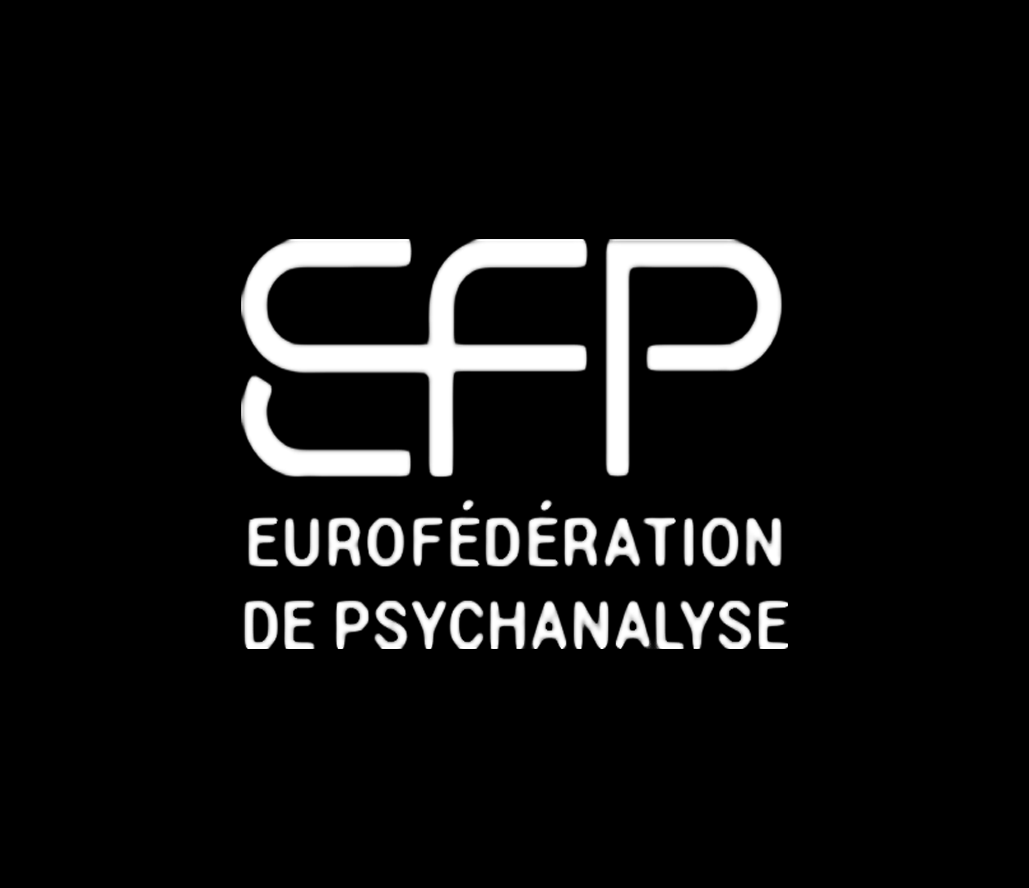Report of the Observatory on Autism for the Assembly of the Eurofederation of Psychoanalysis. Paris 16/11/2024
At the international level, the WHO published in late 2023 a series of texts under the title Package of interventions for rehabilitation[1], whose module 5 is dedicated to Neurodevelopmental disorders, including there, autism spectrum disorders, and disorders of intellectual development. This trend, which is becoming more pronounced, places autism between the neuro and disability, and it is in terms of its epistemic, clinical and political effects that we must draw conclusions. Its reading shows In all crudeness, the radical erasure of the subject and subjectivity when considering the difficulties of people with autism and their families and treatment options.
No news then. In this sense something different may come from the work being carried out by a commission of the WAP, as an advisory organization of the UN, and this world organization, for the elaboration of a document on the Lacanian Orientation in relation to autism, according to our colleague Iván Ruiz.
In the context of the Eurofederation schools, it is worth noting that, alongside the regular and well-established operation of long-distance institutions such as Antenne 110, Le Courtil, Nonette or CERA; other younger institutions, as TEAdir in Catalonia or Antena 00100 in Rome, they advance by consolidating their work.
Special reference is made to the series of establishments that host autistic subjects by members of the NLS and members of groups of the NLS, in Albania, Greece, Ireland, Israel, Poland and Switzerland, with various institutional structures: Psychiatric and child psychiatry services in hospitals or institutes, clinical units and therapeutic care centres; day hospital for short-term crisis and assessment; residential institutions and day care centres, In the framework of social or health services; Day centres and specialized schools. In all of them they care for children, adolescents and adults with autism spectrum disorders, disabilities, severe mental disorders, different forms of psychological suffering and difficulties in social bonding. Each of them, in various forms, maintain spaces for training, for exposure and control of the practice they carry out, such as clinical seminars, presentations and discussion of cases, supervisory spaces. Some of those who practice in these devices are in analysis with members of the NLS or one of its groups.
A detailed dossier, with the information submitted by each of the EFP Schools to the Observatory, will be sent to their presidencies so that it can be forwarded to colleagues working with autistic people and their families, for those who can use it as a useful work tool.
Jesús Sebastián, for the EFP’s Autism Observatory
